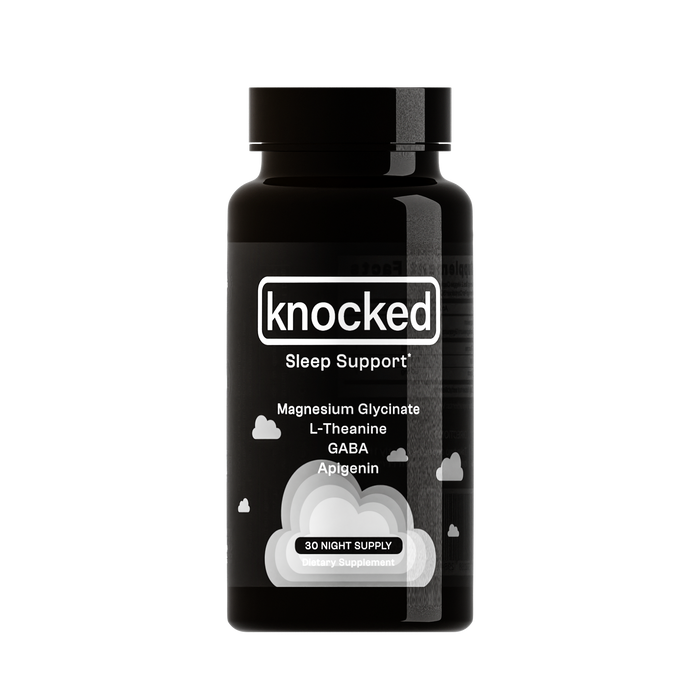

The Relationship Between Sleep and Mental Health: The Latest Science and Research
Sleep is an essential aspect of overall health and wellbeing, with numerous physiological and neural changes occurring during this restorative state. It is increasingly evident that sleep and mental health are closely linked, with disruptions in sleep patterns often leading to negative impacts on mental health outcomes. In this blog post, we will explore the latest science and research on the relationship between sleep and mental health.
The Link Between Sleep and Mental Health
Research has shown that individuals with mental health disorders, such as anxiety, depression, and PTSD, often experience disruptions in their sleep patterns. For example, individuals with anxiety may have difficulty falling asleep due to racing thoughts and worries, while individuals with depression may experience excessive sleepiness or insomnia. Similarly, individuals with PTSD may have nightmares or experience disruptions in their sleep due to hypervigilance.
Impact of Sleep Disorders on Mental Health Outcomes
Sleep disorders such as insomnia and sleep apnea can also impact mental health outcomes. Insomnia, characterized by difficulty falling asleep or staying asleep, is often comorbid with mental health disorders and has been shown to exacerbate symptoms of depression and anxiety. Sleep apnea, a condition characterized by breathing disruptions during sleep, has also been linked to negative impacts on mental health outcomes, including increased risk for depression and anxiety.
Relationship Between Sleep and Cognitive Function in Individuals with Mental Health Disorders
In addition to impacting mental health outcomes, disruptions in sleep patterns can also impact cognitive function. Individuals with mental health disorders may experience impairments in attention, memory, and executive function due to poor sleep quality. For example, individuals with depression may experience impairments in attention and executive function, while individuals with PTSD may have impairments in memory.
Emerging Research on the Use of Sleep Interventions for Mental Health Treatment
Emerging research suggests that sleep interventions may be an effective form of treatment for mental health disorders. For example, cognitive behavioral therapy for insomnia (CBT-I) has been shown to be effective in treating insomnia and improving mental health outcomes, including symptoms of depression and anxiety. Similarly, interventions aimed at improving sleep quality, such as sleep hygiene education and mindfulness-based interventions, have also shown promise in improving mental health outcomes.
The relationship between sleep and mental health is complex and multifaceted. Disruptions in sleep patterns can lead to negative impacts on mental health outcomes and cognitive function in individuals with mental health disorders. However, emerging research suggests that sleep interventions may be an effective form of treatment for mental health disorders. By prioritizing good sleep habits and addressing sleep disturbances, we may be able to improve mental health outcomes and overall wellbeing.
Sources:American Psychiatric Association. (2013). Diagnostic and Statistical Manual of Mental Disorders (5th ed.).
Benedict, C., Brooks, S. J., O'Daly, O. G., Almèn, M. S., Morell, A., Åberg, K., Gingnell, M., Schultes, B., Hallschmid, M., Broman, J.-E., & Larsson, E.-M. (2013). Acute sleep deprivation enhances the brain's response to hedonic food stimuli: An fMRI study. Journal of Clinical Endocrinology and Metabolism, 98(6), E991–E997.
Harvard Health Publishing. (2018, October 1). Sleep and mental health. Harvard Health Blog.
Li, Y., Zhang, X., Winkelman, J. W., Redline, S., Hu, F. B., Stampfer, M., Ma, J., Gao, X., Wei, Y., & Willett, W. C. (2016). Association between insomnia symptoms and mortality.






